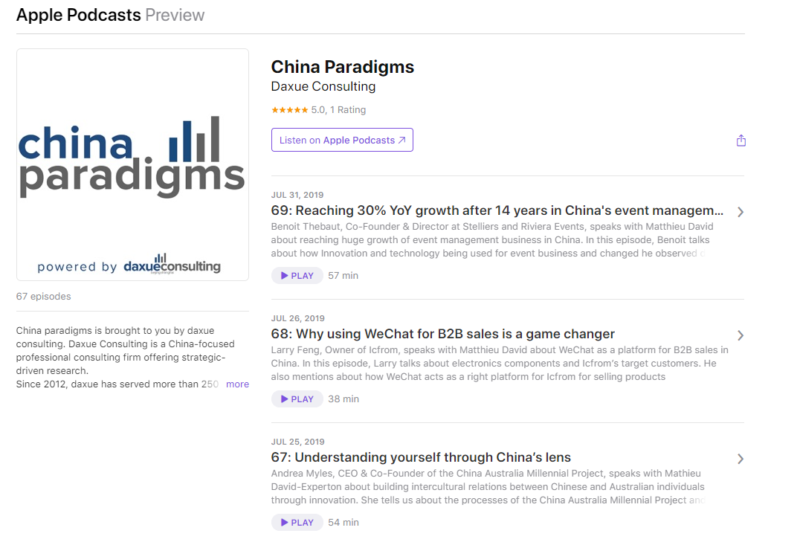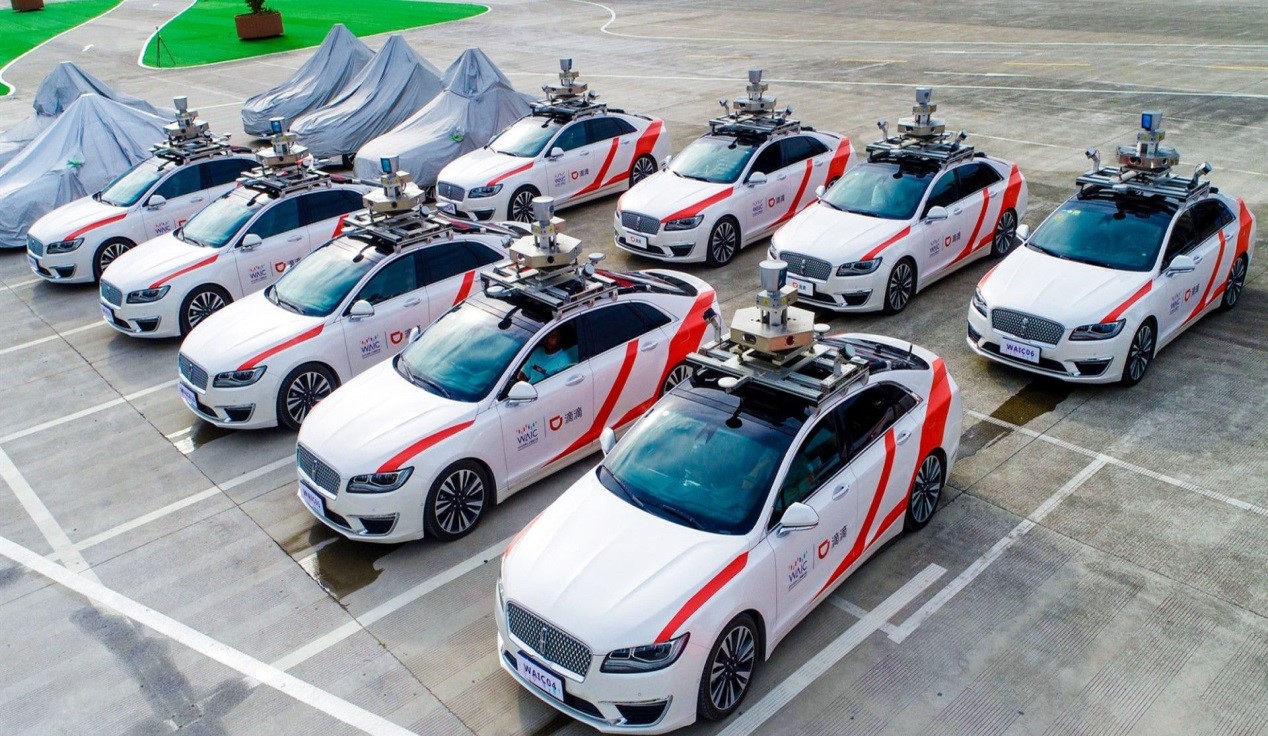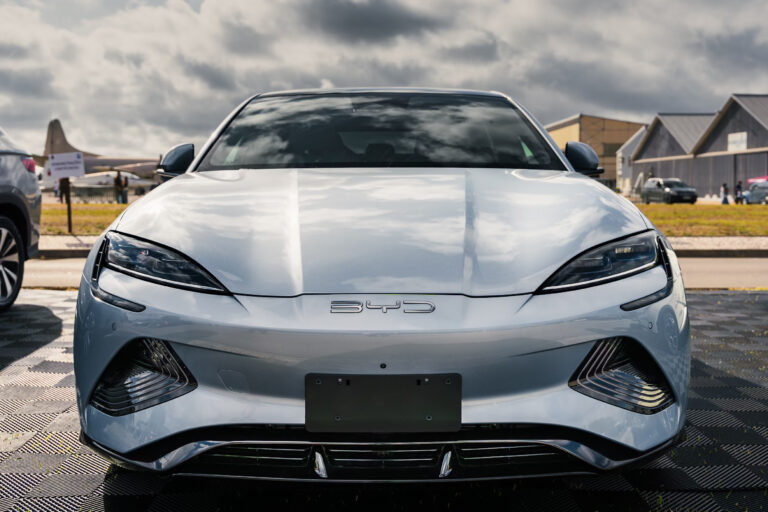The goal of the BP and Didi partnership is to build electric vehicle (EV) charging infrastructure in China, the world’s largest market for electric vehicles. The new joint venture plans to develop a network of EV charging hubs across the country. DiDi is the world’s leading multi-modal transportation platform, offering users a full range of app-based options, including ride-hailing, automobile solutions sharing, and other services. Its platform already has approximately 550 million users and around 600,000 EVs in China. BP has a global fuels retailing and convenience business operating in 18 countries globally, with over 18,700 retail sites, and with a significant and rapidly-growing presence in China.
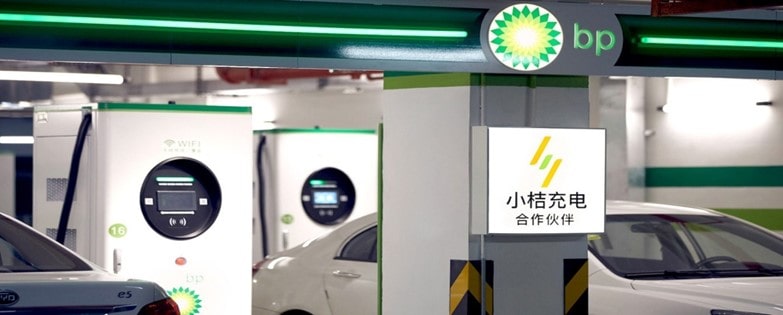
The benefits of BP and Didi partnership in China
EV Market expansion through BP and Didi partnership
Considering that China is the world’s largest EV market, the sector will continue attracting the huge investment from global multinationals, fueling research from both academia and industry, harnessing China’s economic growth as well as providing a ground for cross-border business collaboration. The EV market in China witnessed upward and downward trends over the years in terms of sales and the volume is expected expand in the future as the market is currently on a resurgence. China’s EVs market targets 2 million annual sales in 2020, and by 2025 the sales of electric cars account for 20% of the total auto market.
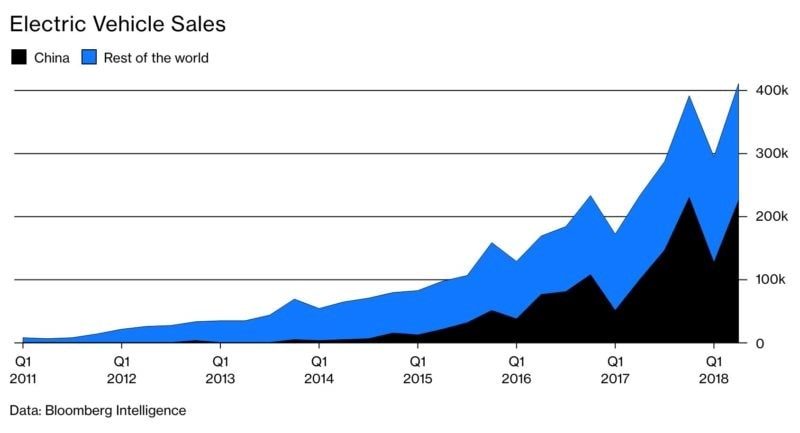
However, Cheng Wei, the chairman and CEO of Didi on his part believes: “It is a forward looking idea of combining strengths to create a robust EV charging network for China, promote the growth of the new energy automotive industry, and provide better experience for car owners across the country.”
A pilot site has been unveiled in Guangzhou based on the partnership agreement to cover 10 fast-charging units with the capacity from 60 to 120 kW. This ambitious move by BP and DiDi is designed to lead the EV charging market in China through the provision of high-quality, reliable, fast and safe charging infrastructure.
In recent years, China witnesses an immense and rapid development in electric vehicles accounting for about 50% of the world’s EVs market. The BP and DiDi partnership will operate under China’s sustainable energy transition as well as market expansion with the aim of increasing number of EV users, EV value optimization with effective and efficient utilization of service to the customers.
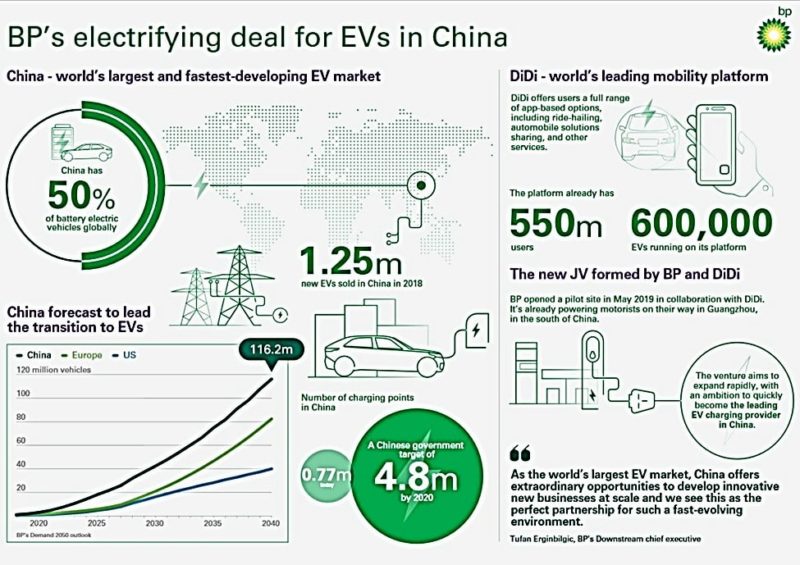
BP and Didi partnership: Beyond mutual benefit of the companies
Over the years, BP is among the
leading global energy companies that provide fuel for both conventional and electric
vehicles worldwide. In 2018, BP acquired Chargemaster, the leading EV
charging firm in the UK, and invested in StoreDot for a fast-charging
innovative battery technology, this new move has widened the scope of BP’s
operations and creates more ultra-fast charging sites for consumers in the UK.
In China, BP’s presence in the electric vehicle sector has been growing; the
energy giant invested $10 billion in the NIO Capital with
the new architectural plan for EV ecosystem. However, in order to
meet up with the organizational objectives, BP engaged in equity investment
with PowerShare. China
offers tremendous growth opportunities for BP. Partnering with DiDi enables BP
to actively contribute to China’s fast-growing EV charging market with differentiated
offers, and also to further expand other business footprint in the country
through the trickle down effect.
Beyond the mutual benefits to be derived by the BP and Didi in the partnership venture, various stakeholders ranging from consumers, businesses, government and the environment anticipate some benefits form this global venture based on the following;
Customer satisfaction; the future of transport is new energy vehicles, and ride-sharing will be a key link in promoting new energy on the road. The connection between drivers and customers will be enhanced through efficient and available charging stations on the platform of BP and DiDi Partnership.
BP’s presence in China and its previous partners
Emergence of BP in Chinese market
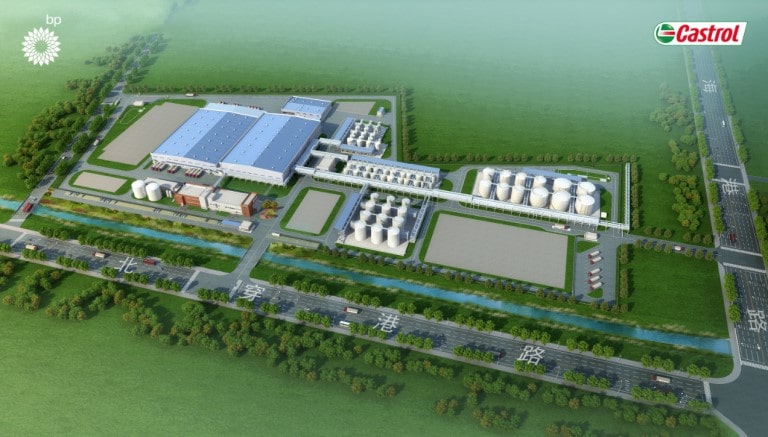
For decades now, BP is among the leading foreign players in China’s oil and gas sector. The company has engaged in several operations ranging from; petrochemicals manufacturing and marketing, aviation fuel supply, retail operations, lubricants blending and marketing, oil and gas supply and trading, LNG terminal and trunk line operation, chemicals technology licensing, and advanced mobility and venturing investments. Due to the effective service delivery, China signed an agreement with BP on Liquefied natural gas (LNG) in 2001, which seems to be the first of it kind. Furthermore, BP recorded a mile stone in 2018 by penetrated the Chinese lubricant blending market with an investment of $216 million (CNY 1.5 billion). With an estimate of annual capacity of 200,000 tones, the project was considered as the largest investment of BP in that sector.
BP and Didi partnership: A milestone to BP
The statistics show a considerably low usage rate of only around 10% for public charging posts. In essence, this results from the plan towards rapid expansion in the early stage of charging infrastructure establishment, leading to a lack of necessary maintenance and poor utlitity management. The situation is expected to improve with the competition of charging industry becoming less fierce. As we are witnessing a booming growth of electric vehicles in the future, the country is looking forward to developing charging infrastructure efficiently and effectively.
Electric Vehicles market in China attract more investors
Didi demands for more Electric vehicles charging station
The number of Didi vehicles on China’s roads are estimated to reach 1 million by 2020, its paramount for the company to expand its domestic and international partnerships to support the infrastructure of these ambitious plans. In 2017, Didi signed a joint venture with Global Energy Interconnection Development and Cooperation Organization, to build the EV charging networks. “Didi’s charging networks will not only cover its own fleet but will also serve families and the public.” At a sustainable energy summit in New York, DiDi’s founder and CEO Cheng Wei said currently, Didi is the world’s biggest new energy fleet operator and runs more than 260,000 new energy cars, that are partially or fully electric, accounting for around 10 percent of the total 2 million new energy cars globally.
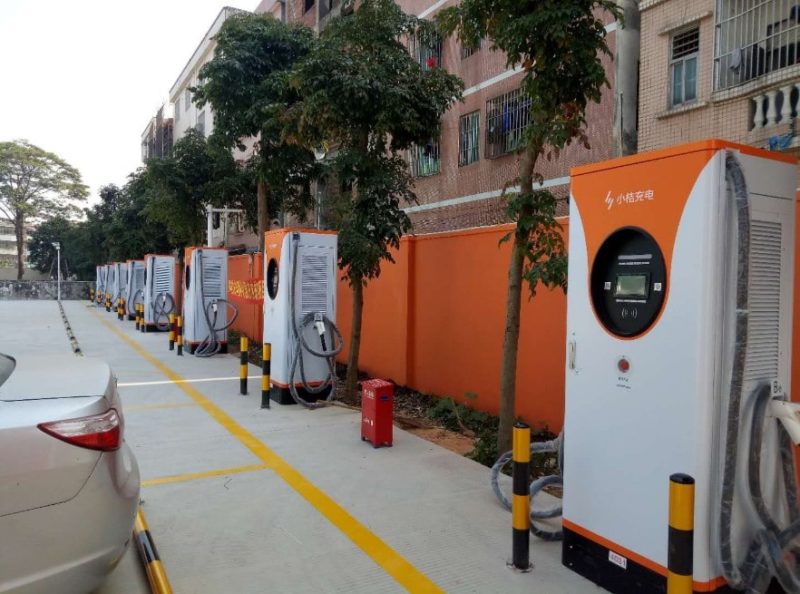
International companies investing in the Electric Vehicles market in China
Electric vehicles are gaining further ground in China’s automobile industry, and companies are betting and targeting huge market share and investment opportunities. Didi’s announcement on February 2018 that it plans to set up an e-vehicle sharing service with 12 automakers draws the attention of many companies. Those automakers will include both domestic companies, such as Geely and BYD, as well as some foreign companies, like South Korea’s Kia Motors, and the Renault-Nissan-Mitsubishi Alliance, which will enhance smooth cross-border business collaboration in China.
BP and Didi partnership: Strategic significance for Electric Vehicles market in China
Between 2014 and 2016, EV battery costs fell over 50% due to process improvements and scale effects, bringing EVs significantly closer to parity with an internal combustion engine (ICE) costs. EVs are exempt from license-plate lotteries and significant registration fees that apply for cars with internal-combustion engines. These exemptions are critical levers to make purchasing an EV more attractive, especially for younger, first-time car buyers.
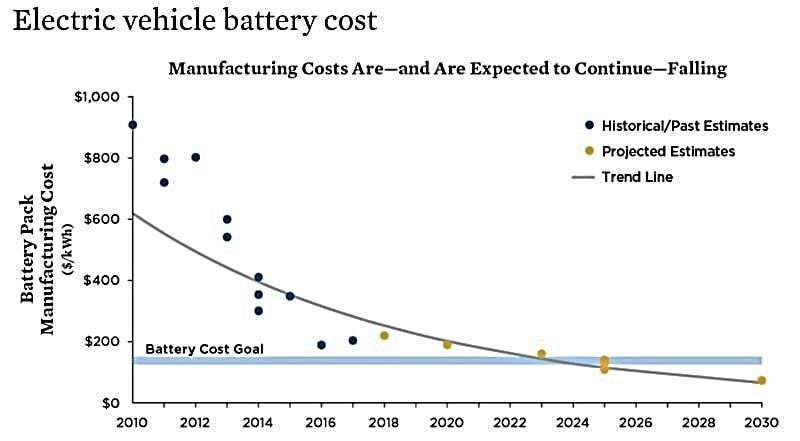
Strategically, the BP and DiDi partnership is a welcome development in the EV market in China. Keeping in mind the strategic significance of new investments in an evolving and expanding market, the partnership is expected to impact positively in the following areas: job opportunities, new venture leads to new investments, new plants, new products and services. Ultimately leading to hiring more hands to manage the investment, and as such managers, engineers, financial analysts and other categories of workers.
BP and DiDi partnership: Creating more opportunity in the EV market in China
Many well-known, foreign automakers have already entered the Chinese EV market, including the leading Tesla, BMW, Nissan and General Motors among others. With some relaxations of the regulation on the new energy vehicles, it becomes a fertile ground for foreign electric carmakers to explore the EV market. The EV charging infrastructure in China is another key investment opportunity with increasing demand for electric vehicles.
Author: Abdulhamid Sillah
Let China Paradigm have a positive economic impact on your business!
Listen to China Paradigm on iTunes
